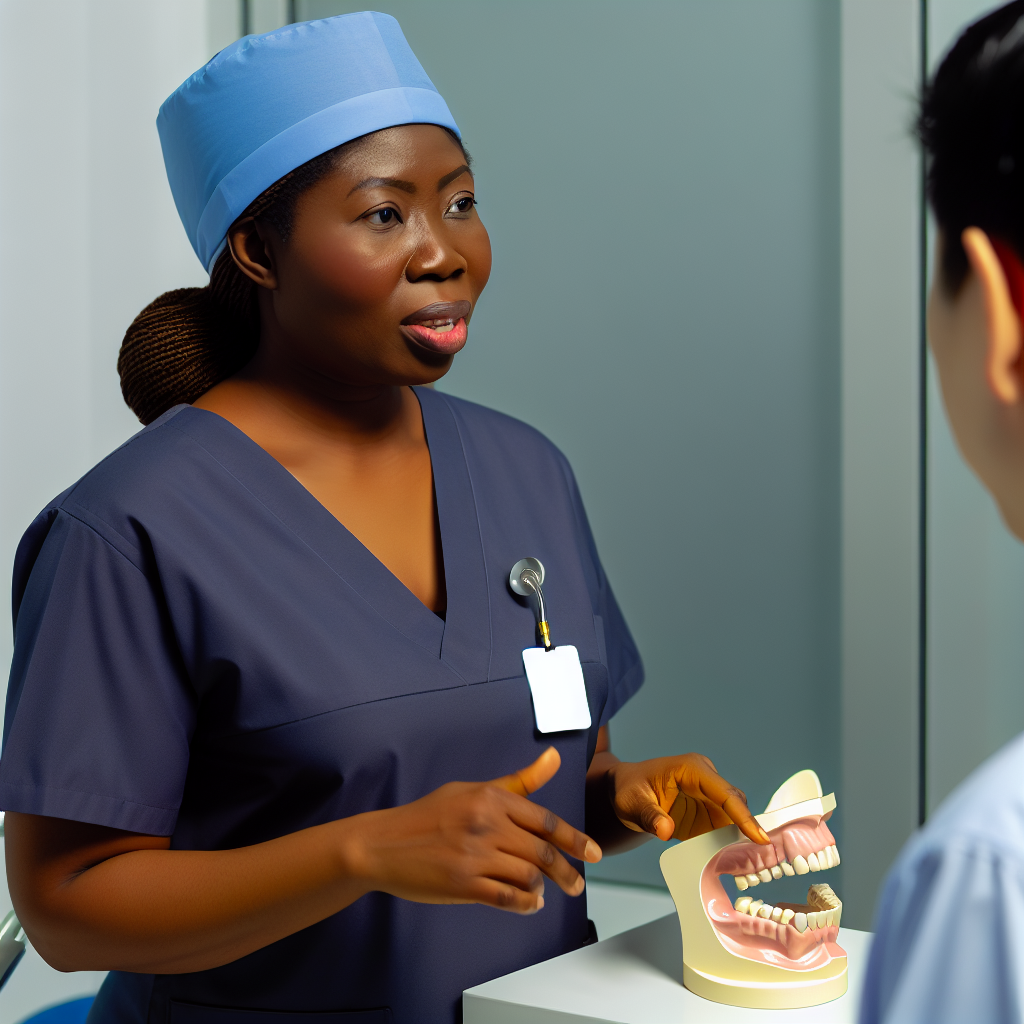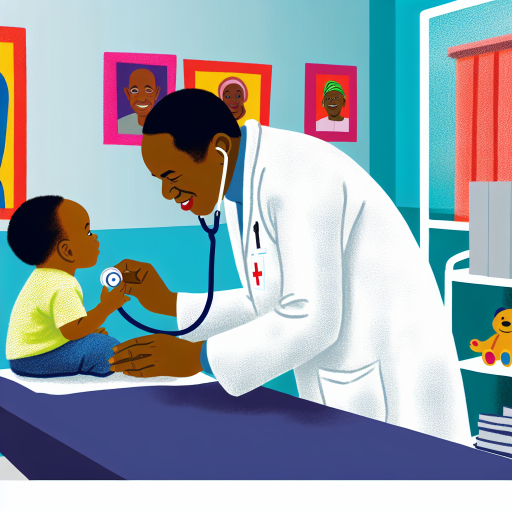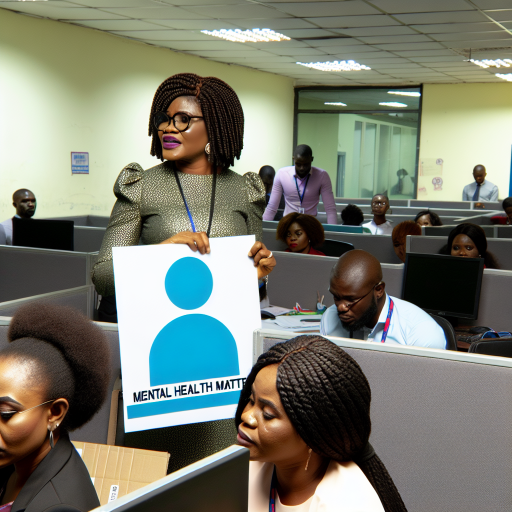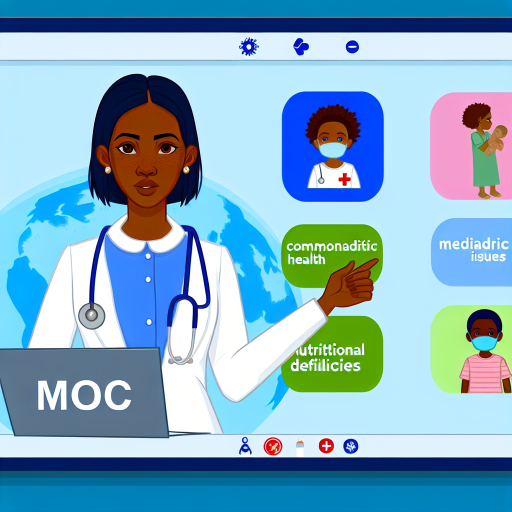Introduction
Oral and Maxillofacial Surgery involves procedures performed on the mouth, jaw, and face.
These surgeries are crucial in addressing various conditions such as impacted teeth, facial trauma, and corrective jaw surgeries.
In Nigeria, Oral and Maxillofacial Surgery plays a significant role in improving oral health, restoring facial functions, and enhancing aesthetics.
Patients often seek these surgical interventions to improve their quality of life and overall well-being.
However, the rising costs associated with Oral and Maxillofacial Surgery in Nigeria have become a major concern for patients.
The expenses related to consultations, diagnostic tests, surgical procedures, and post-operative care have increased significantly in recent years.
This trend has made access to these crucial treatments challenging for many individuals in the country.
Factors influencing costs of oral and maxillofacial surgery in Nigeria
When considering the costs of oral and maxillofacial surgery in Nigeria, there are several factors that play a significant role in determining the final price.
These factors can vary greatly and understanding them is essential for individuals seeking such procedures.
Below are some key factors that influence the costs of oral and maxillofacial surgery in Nigeria:
Availability of skilled surgeons and medical facilities
- Access to highly skilled surgeons and modern medical facilities can significantly impact the cost of oral and maxillofacial surgery.
- Facilities with state-of-the-art equipment and experienced staff tend to charge higher fees for their services.
- Quality of care and expertise provided by the medical team can justify the higher costs associated with such facilities.
Cost of medical equipment and technology
- The cost of specialized medical equipment and advanced technology used during oral and maxillofacial surgery can contribute to higher overall costs.
- Facilities that invest in cutting-edge technology may pass on some of these expenses to patients through increased fees.
- Patient safety and improved surgical outcomes are often linked to the use of modern medical equipment.
Length and complexity of the surgical procedure
- The duration and complexity of the surgical procedure can directly impact the total cost of oral and maxillofacial surgery.
- Procedures that require more time, specialized skills, or additional resources may incur higher charges.
- Complex surgeries involving multiple steps or special techniques may also result in increased costs due to the expertise and time required.
Location of the medical facility
- The location of the medical facility where the oral and maxillofacial surgery is performed can influence the overall cost.
- Facilities in urban areas or regions with higher living costs may have higher fees to cover operating expenses.
- Rural areas or less developed regions may offer lower prices for similar procedures due to lower overhead costs.
Understanding the various factors that influence the costs of oral and maxillofacial surgery in Nigeria is essential for patients seeking such procedures.
By considering factors such as skilled surgeons, medical facilities, equipment costs, procedure complexity, and location, individuals can make informed decisions about their healthcare options.
Cost Disparities Between Public and Private Hospitals
Public hospitals in Nigeria generally offer oral and maxillofacial surgery services at a lower cost compared to private hospitals.
This is primarily due to the government subsidies that public institutions receive, making the procedures more affordable for patients who may not be able to afford private healthcare.
In contrast, private hospitals tend to charge higher fees for oral and maxillofacial surgeries as they need to cover their operational expenses and make a profit.
Patients who opt for private healthcare usually have access to more modern facilities, advanced technologies, and personalized care, which contribute to the higher costs associated with treatment.
Quality of Care and Services Provided in Public vs Private Hospitals
While public hospitals in Nigeria may have lower costs for oral and maxillofacial surgeries, the quality of care and services provided can vary.
Due to limited resources and staff shortages, public institutions may face challenges in delivering timely and specialized care to patients.
On the other hand, private hospitals often prioritize patient satisfaction and provide a higher level of personalized care.
Patients who choose private healthcare can expect shorter waiting times, individualized treatment plans, and access to top-notch facilities and equipment, which can contribute to improved outcomes and overall experience.
Accessibility and Affordability for Patients in Both Sectors
Accessibility to oral and maxillofacial surgery services in Nigeria can be influenced by factors such as geographical location and financial constraints.
Public hospitals are more widely distributed across the country and cater to a larger population, making them accessible to patients who cannot afford private healthcare.
While private hospitals may offer superior quality of care, their services may not be easily accessible to all patients due to the higher costs involved.
Some patients may opt for public hospitals even if they prefer private healthcare, simply due to financial limitations.
However, patients who can afford private healthcare may choose it for the convenience, personalized care, and modern facilities it provides.
The comparison of costs between public and private hospitals in Nigeria reveals significant differences in pricing, quality of care, and accessibility for oral and maxillofacial surgery patients.
While public hospitals offer more affordable services, they may lack in quality and accessibility compared to private institutions.
Patients must weigh their options carefully based on their individual needs, preferences, and financial capabilities when seeking oral and maxillofacial surgery in Nigeria.
Learn More: Studying Parasitology: Nigerian Institutions Guide
Insurance coverage for oral and maxillofacial surgery in Nigeria
Health insurance plays a significant role in covering the costs of oral and maxillofacial surgeries in Nigeria.
Here is an overview of insurance options available in the country, the types of surgeries covered, and the challenges and limitations associated with insurance coverage for these procedures.
Overview of health insurance options in Nigeria
- Health Maintenance Organizations (HMOs) are the primary providers of health insurance in Nigeria.
- Employers often offer group health insurance plans to their employees as part of their benefits package.
- Individuals can also purchase health insurance plans from private insurance companies.
- Government-run insurance programs such as the National Health Insurance Scheme (NHIS) provide coverage to eligible citizens.
Types of oral and maxillofacial surgeries covered by insurance
- Health insurance plans in Nigeria typically cover a range of oral and maxillofacial procedures, including but not limited to:
- Extraction of impacted teeth.
- Treatment of temporomandibular joint disorders.
- Orthognathic surgery for correcting facial deformities.
- Facial trauma reconstruction.
Challenges and limitations of insurance coverage for these procedures
- High out-of-pocket costs: Despite having insurance coverage, patients may still incur significant out-of-pocket expenses for oral and maxillofacial surgeries.
- Limited coverage: Some health insurance plans may have restrictions on the types of procedures covered or the maximum amount payable for these surgeries.
- Pre-authorization requirements: Insurance companies often require pre-authorization for surgeries, which can delay treatment and cause inconvenience to patients.
- Low reimbursement rates: Healthcare providers may face challenges in receiving adequate reimbursement from insurance companies for performing these specialized surgeries.
- Inadequate network of providers: Patients may struggle to find healthcare providers who are covered by their insurance plans, leading to difficulties in accessing timely and quality care.
It is important to carefully review insurance policies, understand coverage limitations, and be prepared for potential out-of-pocket expenses when undergoing these procedures.
Find Out More: Holistic Approaches in Medical Rehabilitation Nigeria
Affordability and accessibility of oral and maxillofacial surgery for Nigerians
Oral and maxillofacial surgery is a specialized field that deals with the diagnosis and treatment of diseases, injuries, and defects in the head, neck, face, jaws, and the hard and soft tissues of the oral and maxillofacial region.
While these procedures are vital for improving the quality of life for individuals, the cost of oral and maxillofacial surgery in Nigeria can be a significant barrier to access for many people.
Impact of high costs on access to care for low-income individuals
The high costs of oral and maxillofacial surgery in Nigeria can pose a significant challenge for low-income individuals who may not be able to afford these procedures.
The cost of surgery, hospital stay, medications, and follow-up appointments can quickly add up, making it unattainable for many Nigerians to access the care they need.
As a result, low-income individuals may postpone or forgo necessary oral and maxillofacial treatments, leading to worsened health outcomes and reduced quality of life.
Availability of financing options or payment plans
Recognizing the financial burden that oral and maxillofacial surgery can place on individuals, some healthcare facilities in Nigeria offer financing options or payment plans to help patients cover the cost of their treatment.
These programs allow patients to spread out the cost of surgery over a period of time, making it more manageable for individuals with limited financial resources.
Transform Your Career with Expert Guidance
Get personalized mentorship consulting that’s tailored to your unique path. Our expert advice is actionable and exclusive.
Get StartedBy offering financing options, healthcare facilities can help make oral and maxillofacial surgery more accessible to a broader range of patients.
Role of government and healthcare policies in making these procedures more affordable
The government and healthcare policies play a crucial role in ensuring that oral and maxillofacial surgery is more affordable and accessible to all Nigerians.
By implementing policies that regulate the cost of healthcare services, the government can help reduce the financial burden on individuals seeking oral and maxillofacial treatment.
Additionally, government subsidies or insurance programs can help cover the cost of surgery for low-income individuals, making it more affordable for those who need it the most.
Learn More: Medical Imaging Techniques Used in Nigeria

Strategies for reducing costs of oral and maxillofacial surgery in Nigeria
Oral and maxillofacial surgeries can be costly, especially for patients in Nigeria who may not have access to affordable healthcare options.
Here are some strategies that can help reduce the financial burden of these surgeries:
Importance of early detection and prevention of oral health issues
- Regular dental check-ups can help identify potential issues early on, preventing the need for more extensive and expensive surgeries.
- Practicing good oral hygiene, such as brushing and flossing regularly, can help prevent the development of dental problems that may require surgery.
- Educating the public on the importance of early detection and prevention of oral health issues can help reduce the overall need for costly surgeries.
Promotion of oral health education and awareness
- Increasing awareness about the importance of oral health can help individuals take better care of their teeth and gums, reducing the likelihood of needing surgery.
- Providing educational resources in schools, communities, and healthcare facilities can help people understand the impact of oral health on their overall well-being.
- Collaborating with local healthcare providers to offer free or low-cost dental screenings can help identify issues early and prevent the need for expensive surgeries.
Advocacy for affordable healthcare and increased government support for these surgeries
- Advocating for policies that make healthcare more affordable and accessible can help reduce the financial strain on patients in need of oral and maxillofacial surgeries.
- Working with government officials to allocate funding for oral health programs and services can help lower the overall cost of surgeries for patients.
- Campaigning for increased support for oral and maxillofacial surgeries in Nigeria can help ensure that all individuals have access to quality care without financial barriers.
By implementing these strategies, we can work towards reducing the costs of oral and maxillofacial surgeries in Nigeria and improving the overall oral health of the population.
Learn More: Mental Health Impact of Nigeria’s Economic Struggles
Improving Access to Oral Health Care in Nigeria
We have discussed the costs involved in oral and maxillofacial surgery in Nigeria.
This discussion sheds light on the factors contributing to high expenses.
Addressing affordability and accessibility is crucial.
We must ensure that individuals in need can receive the necessary treatment.
This treatment should not impose a financial burden.
As a call to action, policymakers and healthcare providers must collaborate.
They should develop strategies to enhance affordability and accessibility.
Doing so will benefit the general population.
Individuals need to prioritize their oral health.
They should not delay seeking treatment due to cost concerns.
Regular check-ups and early interventions can help.
These actions can prevent more costly procedures in the long run.
Improving affordability and accessibility is vital.
We aim to ensure access to quality dental care without financial strain.
Additional Resources
Strategies adopted by oral physicians, oral and maxillofacial …
A geographical analysis of ethnic distribution of jaw ameloblastoma …




